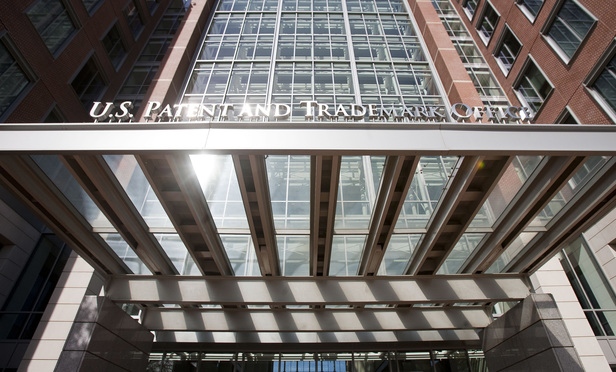There may be no clear winners once the dust settles on a patent interference case involving two marquee research universities and billions of dollars in licensing fees tied to a revolutionary gene-editing tool.
The University of California, Berkeley, and the Broad Institute at the Massachusetts Institute of Technology both laid out their arguments Tuesday in a case that seeks to determine which was the first to invent a technique known as CRISPR-Cas9 in multicellular organisms.
This content has been archived. It is available through our partners, LexisNexis® and Bloomberg Law.
To view this content, please continue to their sites.
Not a Lexis Subscriber?
Subscribe Now
Not a Bloomberg Law Subscriber?
Subscribe Now
LexisNexis® and Bloomberg Law are third party online distributors of the broad collection of current and archived versions of ALM's legal news publications. LexisNexis® and Bloomberg Law customers are able to access and use ALM's content, including content from the National Law Journal, The American Lawyer, Legaltech News, The New York Law Journal, and Corporate Counsel, as well as other sources of legal information.
For questions call 1-877-256-2472 or contact us at [email protected]





